
In the Draft documents submitted to the 14th National Party Congress, a clear ideological and long-term strategic highlight is established: Culture and people are the foundation, resources, endogenous strength and a great driving force, a regulatory system for sustainable social development; building and developing an advanced Vietnamese culture, imbued with national identity, synchronous on the foundation of the national value system, cultural value system, family value system and Vietnamese human standards.
This is not only the inheritance of the viewpoint that “culture is the spiritual foundation of society” but also a step forward in awareness and action in the period of deep integration of the country. In particular, the content of preserving and effectively promoting the values of cultural heritage associated with the development of the heritage economy is a highlight, demonstrating the Party's determination to make culture an important driving force to promote sustainable national development.
Many discussions agreed that the viewpoint of preserving and promoting the value of cultural heritage associated with economic development of heritage represents a new way of thinking about cultural development because in the past, conservation work often focused on "maintaining the original state".
Heritage economic development not only aims to reasonably exploit heritage values but also contributes to creating resources for reinvestment in conservation work, forming a sustainable development cycle, in which conservation creates the foundation for development and development provides resources for conservation.
Practices in many localities show that if heritage economy is developed in the right direction, it will bring "double" benefits: Improving the material and spiritual life of the community, arousing people's responsibility and pride in preserving and promoting national culture; at the same time, it is a way to help heritage "live" in the heart of modern society.
Comrade Hoang Viet Trung, Director of the Hue Monuments Conservation Center, affirmed: The draft documents mark a strong development in thinking, considering culture as a key economic sector, an endogenous resource and a growth driver.
Comrade Hoang Viet Trung highly appreciated the draft documents that put forward the viewpoint of continuing to innovate the content and methods of Party leadership and State management of culture; promoting digital transformation, building and managing a good cultural environment; and effectively developing and managing the market for digital cultural products and services.
As a locality with 8 heritages recognized by UNESCO, Hue city has had many solutions to effectively exploit heritage, create economic value while still ensuring the preservation and conservation of heritage, in which the most prominent is digitizing and standardizing heritage data. The Hue Monuments Conservation Center has standardized heritage data including: 1,400 edited dossiers, 110,000 digitized document pages...
From the digital data warehouse, Hue city has initially formed cultural products such as: Interactive exhibitions, digital exhibitions, smart tourism interactive stations, digital certificates; implementing the TapQuest project at Hai Van Quan, allowing visitors to interact through smart interactive stations... These products help to transform from "static preservation" to "dynamic exhibition", turning heritage data into new economic resources, contributing to spreading the unique cultural values of Hue to the world.
According to comrade Hoang Viet Trung, from the practical model of Hue's heritage economic development, it can be seen that "turning heritage into assets", creating economic value from traditional cultural values is a suitable direction. However, the content of heritage economic development needs to be mentioned more deeply and institutionalized more strongly in the draft documents submitted to the 14th National Party Congress.
Accordingly, it is necessary to supplement the following contents: Building a clear legal framework for the heritage economic model, planning types in the heritage economic sector, clearly defining the scope, criteria, operating mechanism and benefits of participating entities; mechanisms and policies to encourage and develop the heritage economy; mechanisms and policies to encourage socialization and digital transformation in heritage conservation, creating a legal corridor for businesses and communities to participate in developing cultural products and services associated with heritage; making heritage economic development a pillar of the cultural industry, associated with the strategy of sustainable tourism development...
Contributing to the draft documents submitted to the 14th Party Congress, many people also agreed that: Linking heritage conservation with heritage economic development not only creates momentum for cultural development, but is also a concrete solution to realize the Party's viewpoint on comprehensive development of Vietnamese culture and people, contributing to building an advanced Vietnamese culture, imbued with national identity, worthy of the stature of a nation with a thousand-year cultural tradition.
Source: https://nhandan.vn/phat-huy-gia-tri-di-san-van-hoa-gan-voi-phat-trien-kinh-te-di-san-post922140.html























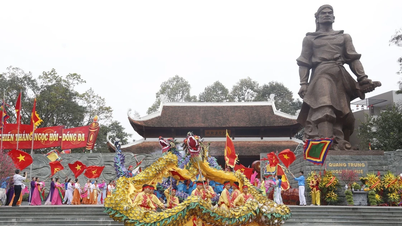


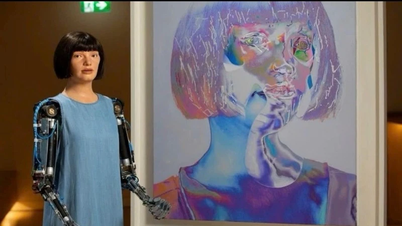
![[Photo] Prime Minister Pham Minh Chinh attends the annual Vietnam Business Forum](https://vphoto.vietnam.vn/thumb/1200x675/vietnam/resource/IMAGE/2025/11/10/1762780307172_dsc-1710-jpg.webp)
















































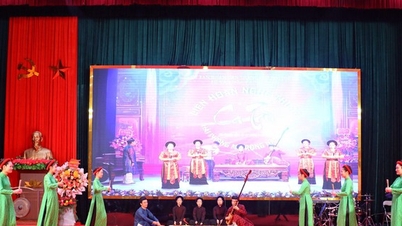














![Dong Nai OCOP transformation: [Article 4] Reaching national standard products](https://vphoto.vietnam.vn/thumb/402x226/vietnam/resource/IMAGE/2025/11/11/1762825820379_4702-cac-san-pham-trai-cay-chung-nhan-ocop-nongnghiep-174649.jpeg)



![Dong Nai OCOP transition: [Article 3] Linking tourism with OCOP product consumption](https://vphoto.vietnam.vn/thumb/402x226/vietnam/resource/IMAGE/2025/11/10/1762739199309_1324-2740-7_n-162543_981.jpeg)




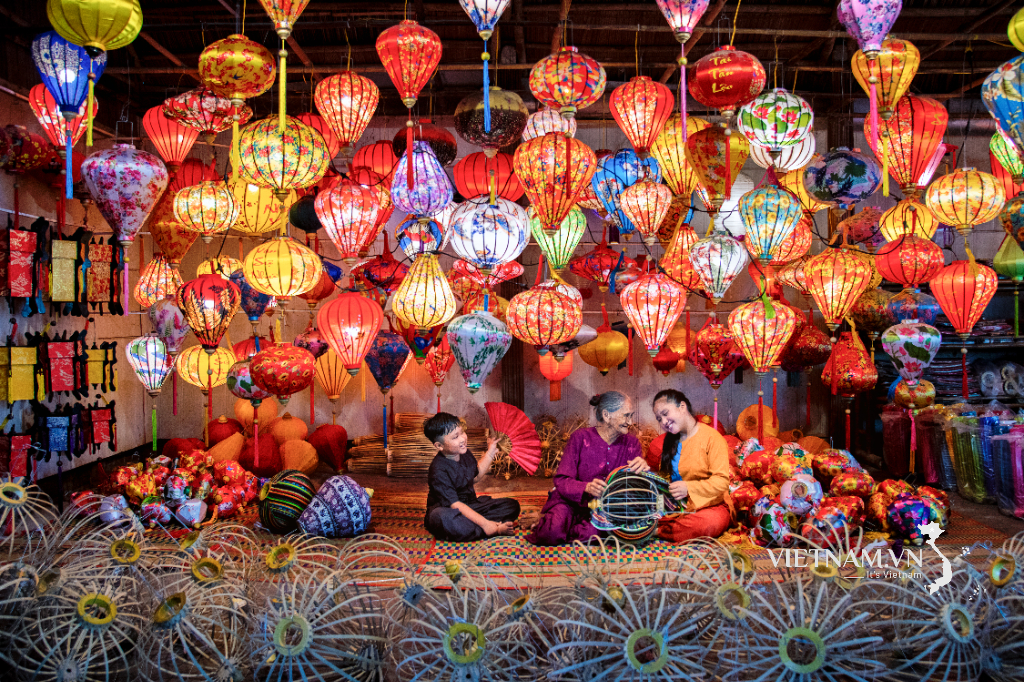

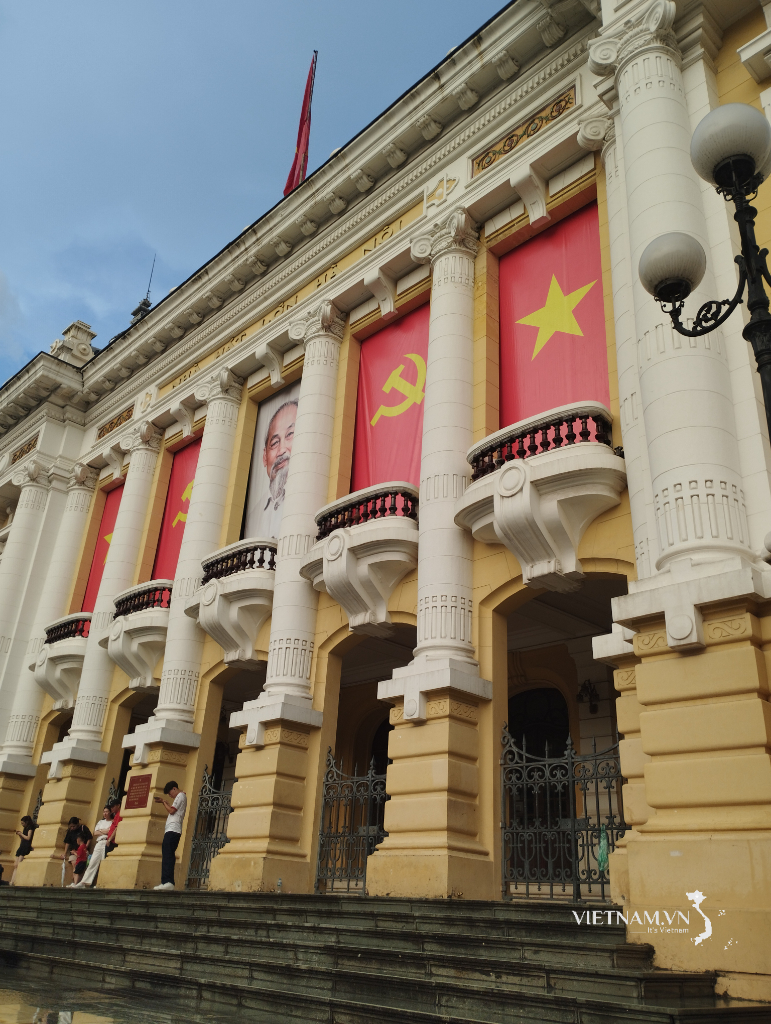
Comment (0)